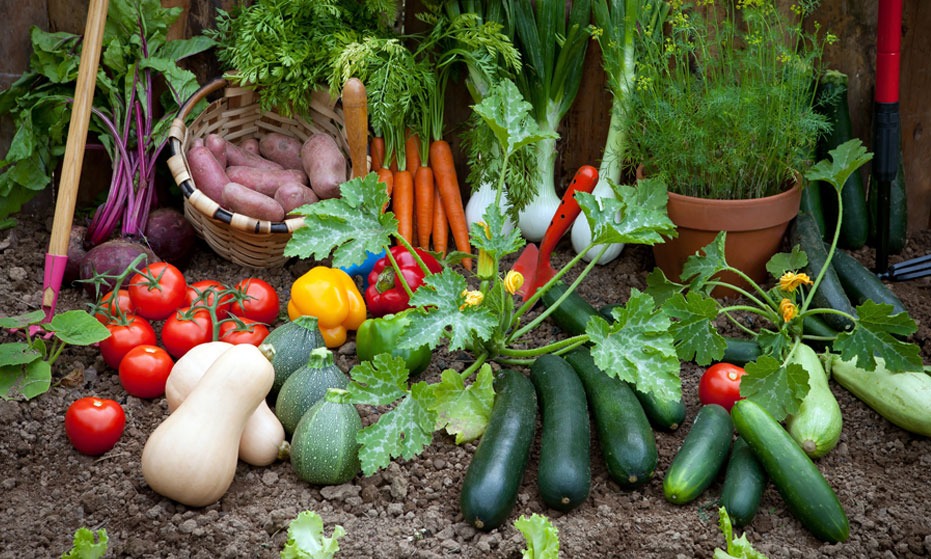The act of planting vegetable trees holds immense significance in fostering a sustainable and resilient future for our planet. This innovative approach to agriculture intertwines the benefits of traditional tree planting with the practicality of cultivating vegetables, offering a multifaceted solution to contemporary environmental challenges. In this essay, we will explore why planting vegetable trees is crucial for ecological balance, food security, and the overall well-being of our communities.
Ecological Benefits
Planting vegetable trees contributes significantly to ecological restoration and environmental conservation. Trees play a pivotal role in sequestering carbon dioxide, a major greenhouse gas responsible for global warming. By integrating vegetables into these tree plantations, we enhance biodiversity and create microhabitats for various species. This approach goes beyond traditional afforestation, as it addresses both climate change and the urgent need to sustainably produce food.
Vegetable trees act as green buffers, mitigating the impacts of deforestation and urbanization. Their roots help prevent soil erosion, maintaining the integrity of ecosystems and ensuring fertile grounds for agriculture. Additionally, the presence of vegetable trees aids in water retention, reducing the risk of floods and ensuring a more consistent water supply for both crops and wildlife.
Food Security
One of the primary reasons for planting vegetable trees is to enhance global food security. As the world population continues to grow, conventional agricultural practices face numerous challenges, including land degradation, water scarcity, and climate change. Integrating vegetables into tree plantations provides a diversified and sustainable source of nutrition.
Vegetable trees offer a unique solution by combining the benefits of agroforestry and permaculture. The tree canopy provides shade and protection for the vegetables, creating a symbiotic relationship where both components thrive. This system allows for the cultivation of a variety of crops, reducing the reliance on monoculture and enhancing the resilience of the food supply against pests and diseases.
Furthermore, vegetable trees promote the concept of food sovereignty, empowering local communities to produce their own food. This decentralized approach lessens dependency on global food chains, making communities more self-reliant and resilient in the face of external disruptions.
Environmental Conservation
The cultivation of vegetable trees aligns with the principles of sustainable agriculture and conservation. Traditional farming methods often involve deforestation and the use of harmful chemicals, contributing to the depletion of natural resources and the loss of biodiversity. Vegetable trees, on the other hand, encourage agroecological practices that are environmentally friendly.
The integration of vegetables with trees reduces the need for synthetic fertilizers and pesticides. This not only protects the health of the soil and nearby water bodies but also prevents the contamination of the food we consume. Sustainable agriculture practices, as promoted by vegetable tree planting, prioritize the long-term health of the environment over short-term gains.
Community Well-being
The impact of planting vegetable trees extends beyond ecological and agricultural realms; it significantly influences the well-being of communities. The combination of trees and vegetables creates green spaces that improve air quality, reduce stress, and enhance overall mental health. Community engagement in tree planting initiatives fosters a sense of ownership and connection to the environment.
Additionally, vegetable tree plantations provide economic opportunities for local communities. The diverse range of crops allows for the development of small-scale enterprises, such as farmers' markets and community-supported agriculture programs. This, in turn, stimulates economic growth at the grassroots level and promotes a more equitable distribution of resources.
Conclusion
In conclusion, the act of planting vegetable trees emerges as a holistic and forward-thinking approach to address pressing global challenges. It combines the benefits of afforestation, sustainable agriculture, and community development. By integrating vegetables into tree plantations, we create a harmonious synergy between environmental conservation, food security, and community well-being. As we strive for a more sustainable future, planting vegetable trees stands out as a practical and impactful solution, offering hope for generations to come.



0 Comments